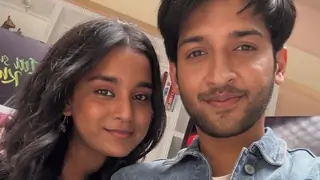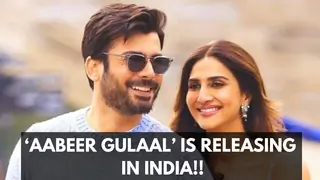Originally posted by: Indradhanush
Indian and Western Classical music/singing are poles apart.
1. Hindi singing was normally based on raaga , hence development is always linear and according to a note pattern (aaroh-avroh)
But in Western music this development could be columnar hence you have notes jumping and running beyond octave. Similarily you may include all notes in a octave while doing Western but if you do same in Indian classical it wil jarr the raaga.
2. Western music is wrriten but not Hindi it is because Hindi music has develpoed out of improvisation , how can you write improvisation.
3. Vocals is more important in Hindi while whole orchestra or chorus is important in Western.
4. Harmony is not an integral part of Indian music.
Do enlighten us all those mentioned by Indradanush. But I can speak on behalf of western music.
There are some similarities in indian and western classical music mainly the terms which was basically the purpose of this thread 😆.
If you compare Indian music and Western music in their non-classical forms there are far more similarities 😊. Since Western classical music is limited only to instrumental.
Both are written as compositions. Or else musicians would not be able to play the notes live in concert.
Vocals are equally as important in both Western and Indian non-classical music. Josh Groban, Aretha Franklin, Whitney Houston all that stands out are the powerful voices of these reputed Western singers.
Indian film music is not bound by raaga like Western there are many examples Yeh Dil Deewana, Chaiyya Chaiyya, Alvida etc.
Edited by Megha25 - 17 years ago


























